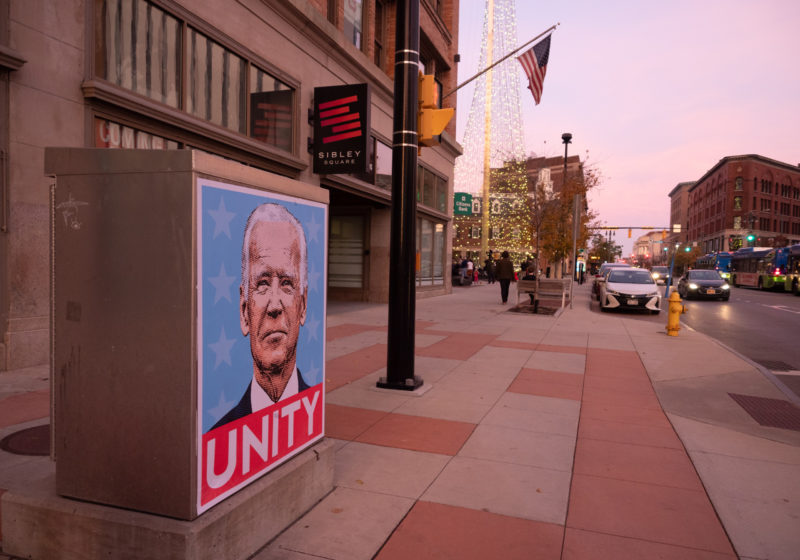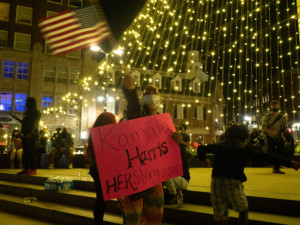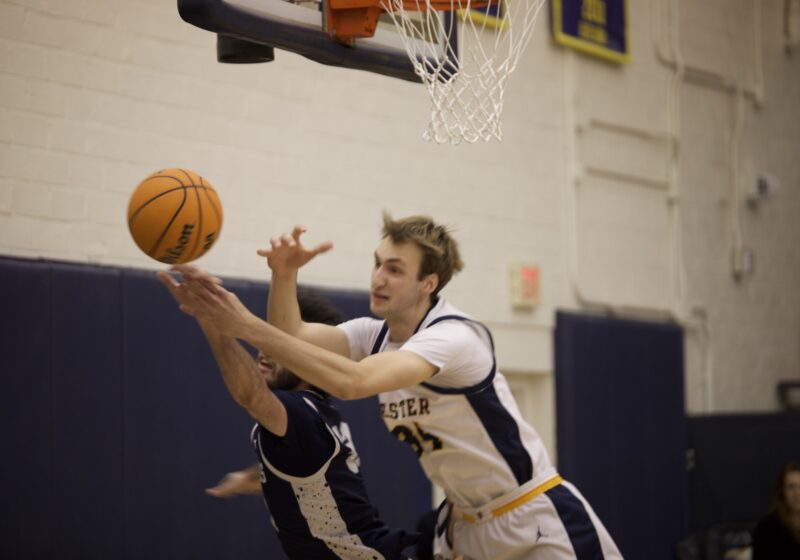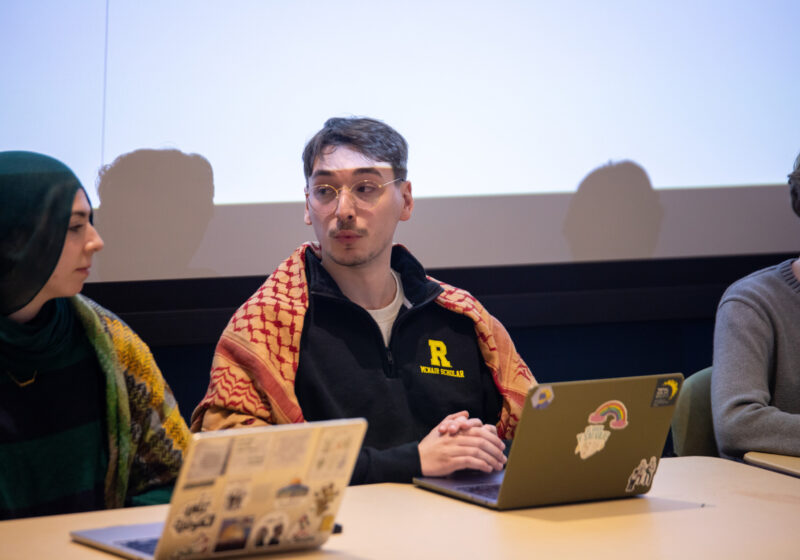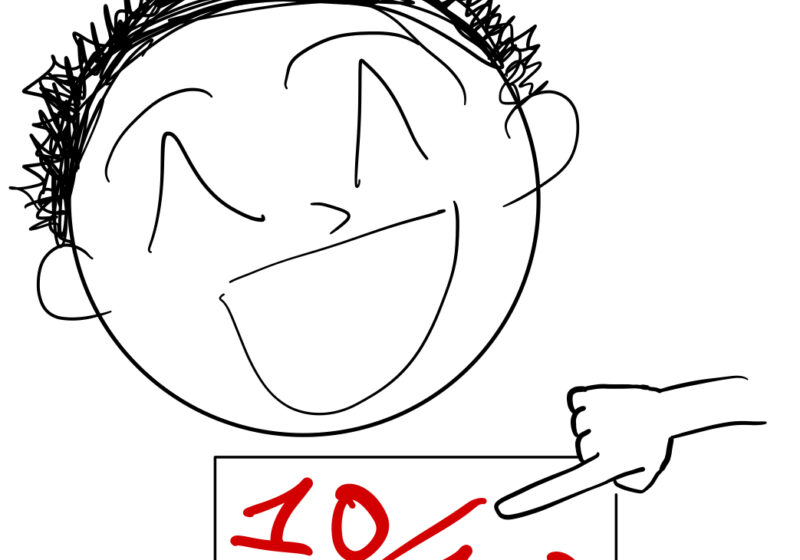On Nov. 3, millions of people from around the world — including much of the UR community — watched as the results of the American election began to trickle in. But some close states took days to count, causing increased anxiety and anticipation.
President-elect Biden did not claim victory until major news networks called the election for him on Saturday, Nov. 7. President Trump has not yet conceded, and alleges in lawsuits that illegal voter fraud is responsible for his defeat, and that he won the election if only legally-cast votes are counted. So far, there is no substantive evidence of voter fraud.
Classes on Election Day were cancelled this year. Ostensibly the day off, which was officially referred to as a “Study Break” or “Mental Health Day,” was granted in response to a student petition asking for days off to quell academic burnout and make up for the cancellation of fall break.
Having Election Day specifically off was a request of the petition. “With November 3rd being the Election day,” the petition read, “students require and deserve an opportunity to go out and vote (some for the first time in their lives).” However, though people registered to vote in the Rochester area had an easier time voting on Election Day, others found themselves unproductive or unable to de-stress on the “Mental Health Day” because of the anticipation of the results.
“My students are having a very difficult time is my sense of it. The pandemic, Zoom fatigue, and now the election,” Associate Professor of Religion Joshua Dubler said. “My sense is that neither the administration nor — in aggregate — their professors, have been sufficiently attentive and responsive to the cumulative weight of it all.” Dubler added that he made sure to discuss those issues in class and cancel all of the material that would’ve been covered on Election Day as opposed to pushing back the due dates.
Though Dubler was relieved by Biden’s victory, and by the signs that indicated a coup was not imminent, election night was not particularly reassuring. “I’m addicted to Twitter like everybody else, which generally does not make a person feel good,” he said.
He expressed concern that the Democratic Party is not committed enough to policy change. “Where I’m encouraged is with the rising power of the social democratic faction inside the Democrat Party […] to my mind this growing faction represents our last, best chance at pushing back against empire (abroad and at home), massive wealth disparities, and gathering climate collapse.”
Elaine Sia, a professor in the Department of Biology, similarly found election night stressful. “I watched the election coverage until [around 10 p.m.], then I just had to turn it off. I really didn’t sleep at all,” Sia said. Sia found the historic nature of Kamala Harris’ election as vice president especially noteworthy. “It is high time to see a woman as vice president, if not president,” she said.
Senior Liam Bethlendy had somewhat of the opposite experience. “We had all agreed not to watch, but easily broke down around 10 p.m.,” Bethlendy said “Sitting with my housemates we alternated espresso and hard alcohol in the way that doctors don’t recommend. But I figured this would be the last celebration of ‘American not listening to good reason,’ so I went ahead with this combination.” He later added that he managed to fall asleep despite the coffee and alcohol.
Ted Pawlicki, an associate professor in the Computer Science department, spent election night looking at results online. “I didn’t watch any broadcast news shows, as I consider modern corporate news more hype and entertainment than information,” he said.
Pawlicki was hoping for a strong victory for President Trump, as well as a clear winner on election night. “I am proud that there is no ‘quit’ in President Trump,” Pawlicki said. “I am thankful that the Democrats did not immediately begin the type of rioting and looting that we have witnessed during the past months.” To Pawlicki, mail-in voting was a “debacle” that needs to be re-evaluated along with other election security issues.
He also added that he was encouraged to see students react to the drawn-out post-election drama maturely. “I am saddened by the fact that so many young people feel the need to self-censor their political opinions,” he said. “Over the past year or so, I was continually encouraging young people to get involved in the hands-on political process.”
After Biden was declared President-elect, there were several impromptu celebrations by his supporters throughout the city, ranging from an organized gathering at the Liberty Pole to drivers honking their car horns in celebration.
